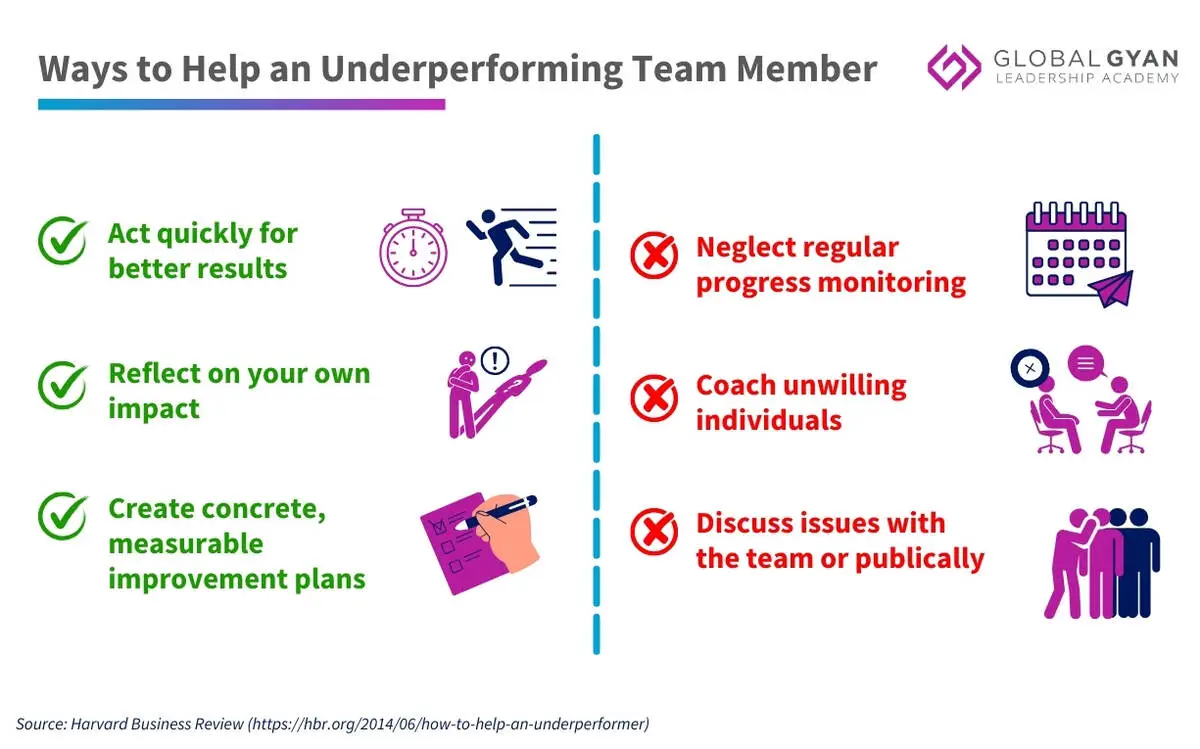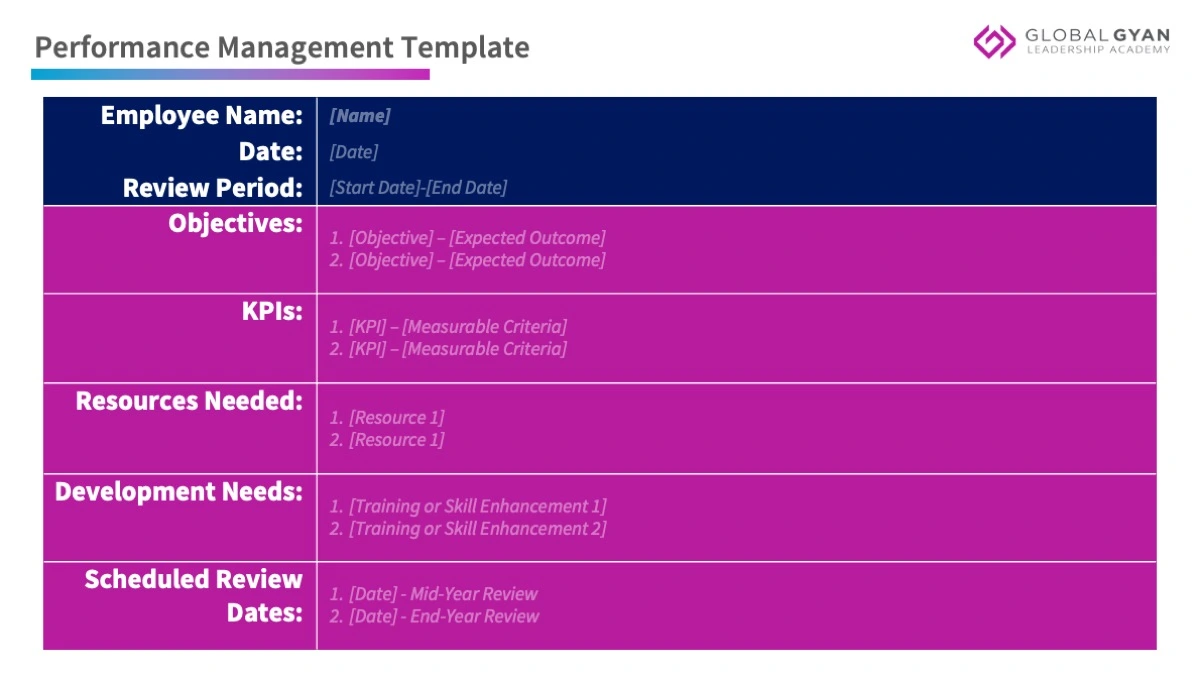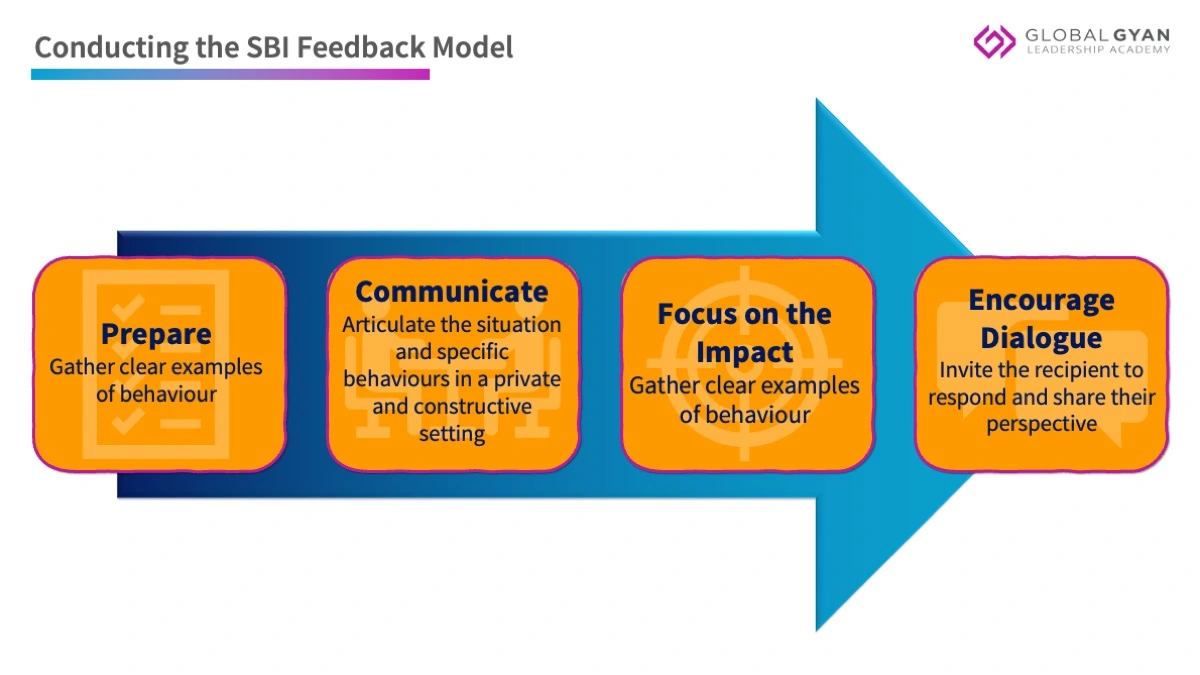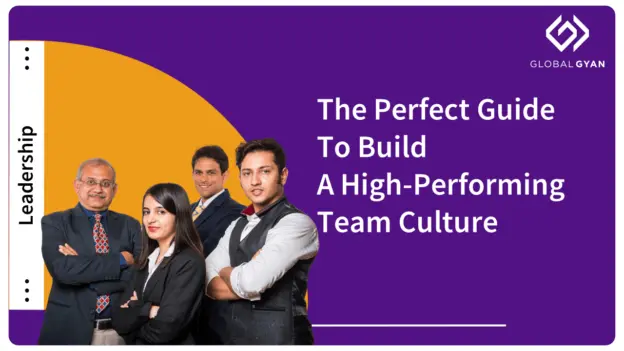How can New Managers Deal with Employee Performance Issues


As we enter Q4 appraisal season, performance conversations are front and center for many organisations — making the insights in this article especially timely. This period often brings increased focus on goal achievements, developmental feedback, and performance calibration conversations. For new managers, the ability to handle employee performance issues not only affects day-to-day team success but also influences appraisal outcomes, team morale, and career progression discussions. Applying the strategies outlined below can help managers navigate performance challenges constructively and confidently during this crucial time of reflection and review.

Dealing with low employee performance can be a challenge for any business. No employee or company does everything right all the time, but it’s impossible to improve without a clear idea of what is wrong.
– LBMC
And that can’t be easy; certainly not for a new manager. Recently, a new young manager, Anand (not his real name), shared with us in one of our workshops how he found it particularly challenging to get his team to complete tasks, “Some of them were new recruits while the others were organisation veterans. I struggled with how both groups would respond to anything I said or the tasks I’d assigned to them. We were so out of sync in the initial few months that I started doubting my own capabilities. I wish I’d known of some of these strategies at the time to make my life easier!”
If like Anand, you are one of the 91% first-time managers who feel burnt out by your jobs and want to deal with employee performance issues more effortlessly, then stick around because we’ve got three novel strategies you can put to use starting today. Let’s see what they are:
1. Performance Management Cycle
The Performance Management Cycle (PMC) offers a systematic approach to managing and enhancing organisational performance through continually assessing an employee’s overall development. As a new manager, you can leverage this framework to effectively handle performance issues at work by ensuring that your team members are not just improving but continuously improving—and believe us when we say that this has a huge, cascading impact. PMC is typically conducted in four phases: planning, monitoring, reviewing and rewarding.
- Planning: Define clear, measurable goals aligned with organisational objectives. During this phase, managers work with team members to set expectations that are specific, achievable, relevant and time-bound (SMART).
- Monitoring: Track each team member’s progress against goals through ongoing observations and check-ins. This helps identify any deviations from the plan early on.
- Reviewing: At scheduled intervals (these may be mutually decided to be annual or semi-annual), conduct formal performance reviews where both manager and team assess performance, discuss challenges and recalibrate goals as necessary.
- Rewarding: Recognise and reward performance improvements and achievements. This could be done through bonuses, salary increments, promotions, or non-monetary rewards like recognition programs.
“These stages align closely with what many organisations use during Q4 appraisals — turning everyday performance conversations into meaningful review inputs.”

2. Behavioural Feedback Models
As a new manager, Shivin (not his real name) was notorious for chairing heated meetings – yet another common employee performance issue. Things would get so bad that other teams would throng outside the meeting room at 9AM sharp to witness the early morning “showdowns”, as they came to be known. After a month of insurmountable conflicts, Shivin decided the hang up his boots. “I was ready to call it quits,” he reminisced in a workshop. “Then I reached out to a mentor who held a ‘corporate intervention’ of sorts for me. The whole experience was eye-opening.”
Shivin’s mentor introduced him to the Situation-Behaviour-Impact (SBI) feedback model. The SBI model is a powerful tool in dealing with employee performance issues as it stipulates providing specific and constructive feedback to a distressed team member. Such structured feedback becomes especially useful when preparing mid-year or year-end appraisal discussions, helping managers anchor evaluations in observable behaviours rather than impressions. While there are other feedback models you can use to provide continuous feedback, the SBI model is especially effective in this case as it focuses on observable behaviour in a given context rather than on personal traits, ensuring that feedback remains objective and actionable. This essentially entails:
- Describing the situation first in which the behaviour occurred. The description should be detailed enough to place the feedback recipient back into the scenario, focusing solely on the setting and time without interpretation or judgment.
- Listing down the behaviour next, i.e. the actual, observable actions taken by the individual. The key here is to recount specific behaviours, not the perceived intentions behind them. This helps to maintain clarity and objectiveness, preventing defensive reactions often triggered by perceived accusations.
- Finally, focus on the impact or the observed behaviour, either on the individual giving the feedback, the team, or the project. The impact should be conveyed in terms of specific outcomes or changes in emotions, enabling the feedback recipient to understand the consequences of their actions.
“My mentor asked me why the meetings would get so out of hand and I told him how my team members would often cut each other, point fingers at each other and one-up each other when it came to finding solution for roadblocks. He then told me something sensational. He said, ‘Next time someone on your team speaks over a colleague, take them aside and have an informal one-on-one with them. Tell them how their ideas are incredible, no doubt, but how about next time then note their thoughts down on a notepad and wait for their turn to express their thoughts. Assure them that they will get a chance to speak because their opinions are valued under your watch.’ I did exactly that and while it took me some time and patience to reach out to every member on my team, it was totally worth it. My team now actively seeks collaborative opportunities not just with each other but with other teams as well. The SBI model helped me immensely to deal with employee performance issues.”

The only way to know what someone intended is to ask them — and the only way to let a person know their impact is to tell them.
3. Motivational Theories
Motivational theories in management are frameworks that help understand what drives employees to perform, how they can be motivated to maintain peak performance and how they align with organisational goals. Understanding what truly motivates your team can improve not only performance outcomes but also the quality of appraisal discussions and goal planning for the next cycle. Some common motivational theories incorporated in leading organisations include Maslow’s Hierarchy of Needs, Herzberg’s Two-Factor Theory and McGregor’s Theory X and Theory Y. Some of the salient features of these theories are:
- Maslow: Ensure that workplace policies support the satisfaction of employees’ physiological needs, safety, love and belonging, esteem and self-actualisation.
- Herzberg: Focus on enhancing motivators like achievement, recognition and work itself and reducing hygiene factors like poor salary and unsatisfactory working conditions.
- McGregor: Adapt your management style according to Theory X (authoritative, assumes employees inherently dislike work) and Theory Y (participative, assumes employees are self-motivated).
We will cover these theories in more detail in a separate article, as each of them hold distinct pearls of wisdom for new managers who are struggling to deal with employee performance issues.
As a new manager in the vibrant and challenging modern-day workplace, your approach to employee performance issues can define both the success of your team and the trajectory of your career. These frameworks and theories will help add the elusive yet paramount ‘human element’ in your team. In high-stakes periods like Q4, when performance is under the microscope, these approaches help managers move from firefighting to facilitation. Remember the elaborately choreographed dance we opened the article with? The beauty of the performance lies not only in the complex steps but also in how gracefully they are executed.






Responses